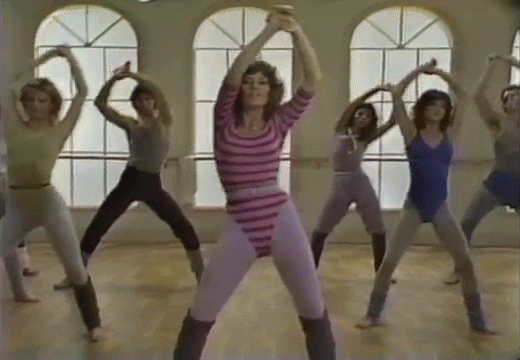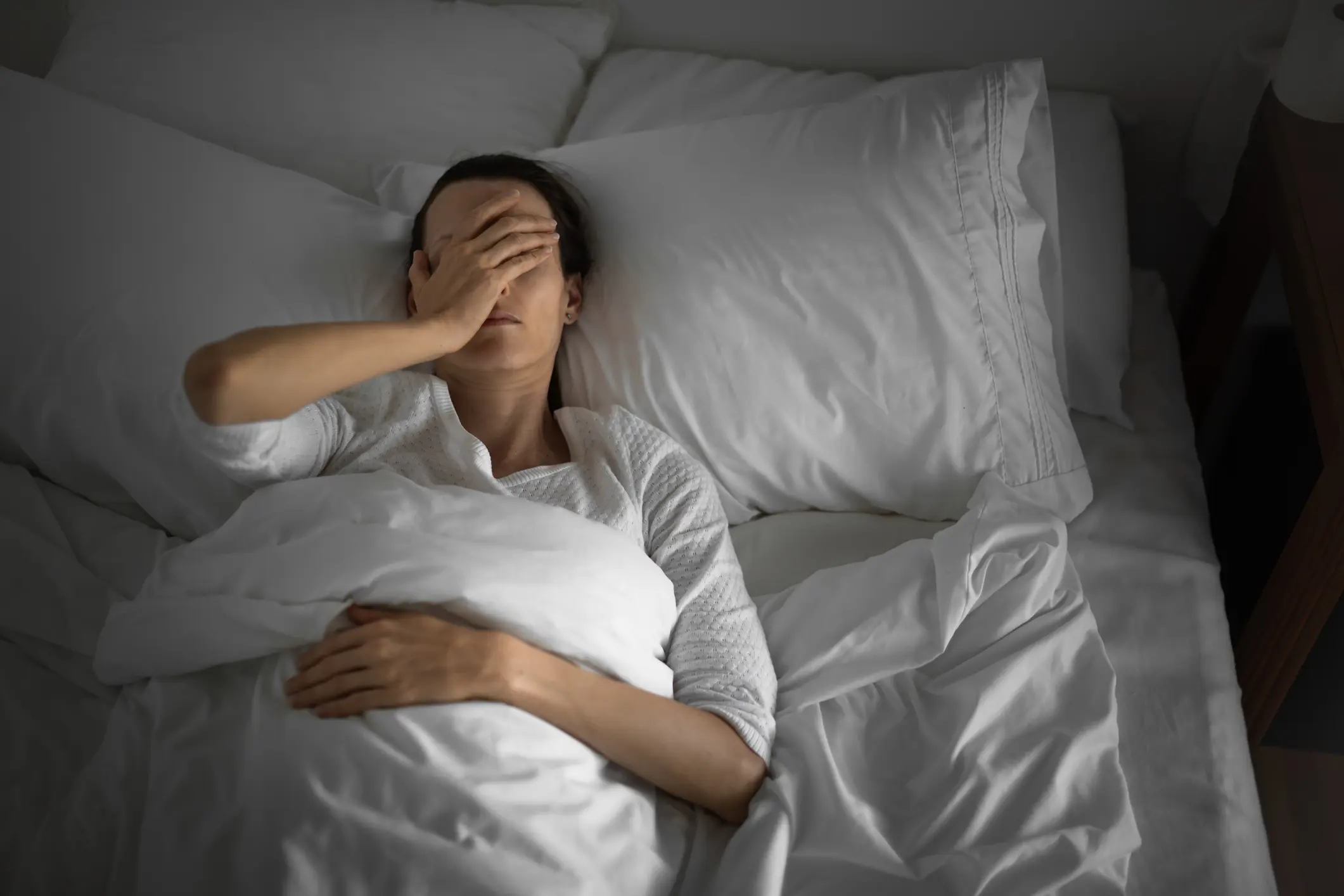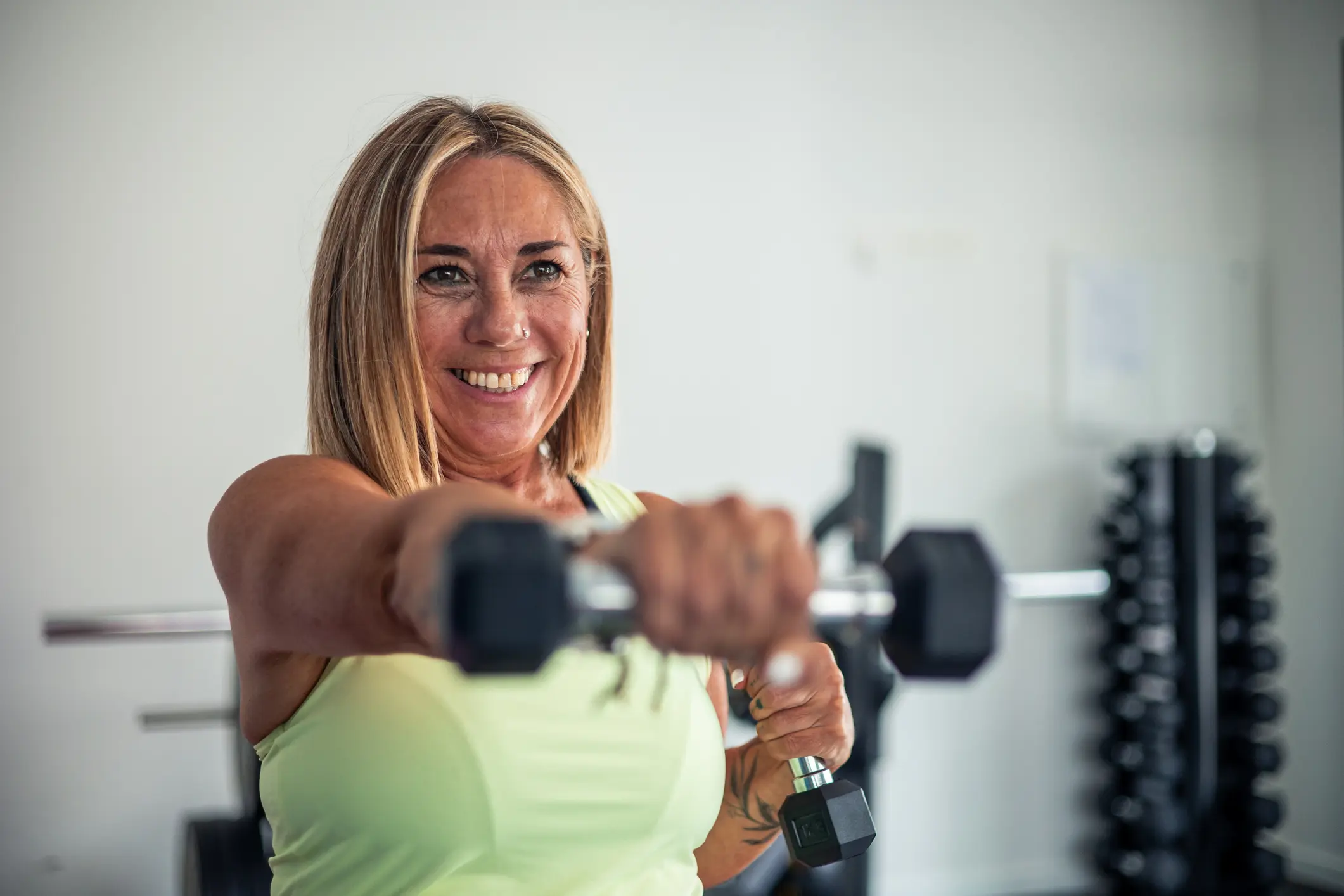

Exercise. Love it or hate it, the fact of the matter is: we need to move for our health, for our future selves, and yes, to help manage our menopause symptoms.
Richard Simmons, Buns of Steel, Suzanne Sommers, Soul Train – what do these all have in common? Aside from killer outfits & hair dos, they’re all great examples of the kind of physical, heart-pumping activity that we could all use a little more of after 16+ months of pandemic lounging. While a jazzercise video may not float your boat, it’s critical that you get up and get moving. So this week, we’re all about getting physical.
What types of workouts are best for women in perimenopause?
Strength training during perimenopause is a FANTASTIC choice of workout for a few key reasons. Why? It helps us maintain muscle mass (which we naturally lose), it keeps are bones strong (which protects us from osteoporosis), and also helps with weight management and metabolism!
Here are a few of Elektra’s favorite strength training videos:
🔥 Yoga For Upper Body Strength | Yoga With Adriene
🔥 Strength Training and Toning Workout for Fat Loss | Fitness Blender
🔥 30 MIN INTENSE MINI BAND WORKOUT | Growingannanas
But what about cardio? Should we stop that? NO! Cardio / aerobics are still important. Getting sweaty is not only important for our cardiovascular health, but also it helps us with sleep, cognition, mental health, and more.
🔥 Aerobics for beginners – 45 minutes | NHS
🔥 Jazzercise Fit & Physical 1986 VHS
🔥 15-Minute Cardio for Women Over 40 | Fitness with PJ
How do we get this physical activity in?
As we move out of a global pandemic that threw a wrench into our collective routines, we are all starting from different baselines. But here are some universal, basic tips to set yourself up for success:
1) Schedule it. Whether it’s an exercise class or just movement in general, make a concrete plan on when / where / how it’s going to happen. Put it in your calendar and treat it like you would any other important appointment!
2) Get an accountability officer. Pick one person in your life who can hold you accountable. The simple act of reporting your workouts can be a really effective motivator.
3) Make it social. Take advantage of the good weather! Grab a friend and make a standing walking date – you’re more likely to not cancel if someone is depending on you! Sign up for tennis lessons, a yoga class, or a biking club to meet others in your community.
WHAT ELSE WE’RE READING
Our experience of menopause isn’t limited to our bodies: a fascinating article on how culture has shaped the way we think about menopause.
A recent menopause study from Bonafide Health reveals 73% (73%!) of women don’t treat their menopause symptoms.
An argument against menopause workplace policies.
A new study links longer reproductive lifespan to an increase in Alzheimer’s biomarkers.
KEEP CALM AND ELEKTRA ON



